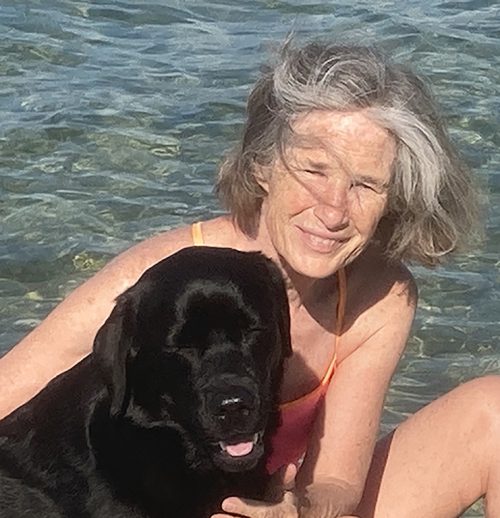
BY JUDY CARMACK BROSS
Four-pawed superstars, The Ryan Licht Sang Bipolar Foundation is honoring you for being our best friends during the pandemic. The foundation’s first Dog of the Year campaign, open until the end of 2020, celebrates the unconditional love that dogs give to help their humans ride out the stresses of today. Dog lovers everywhere can honor their canine companions and share their photos while raising money and awareness for early-onset bipolar disorder. And notice to cat lovers, felines may be next!
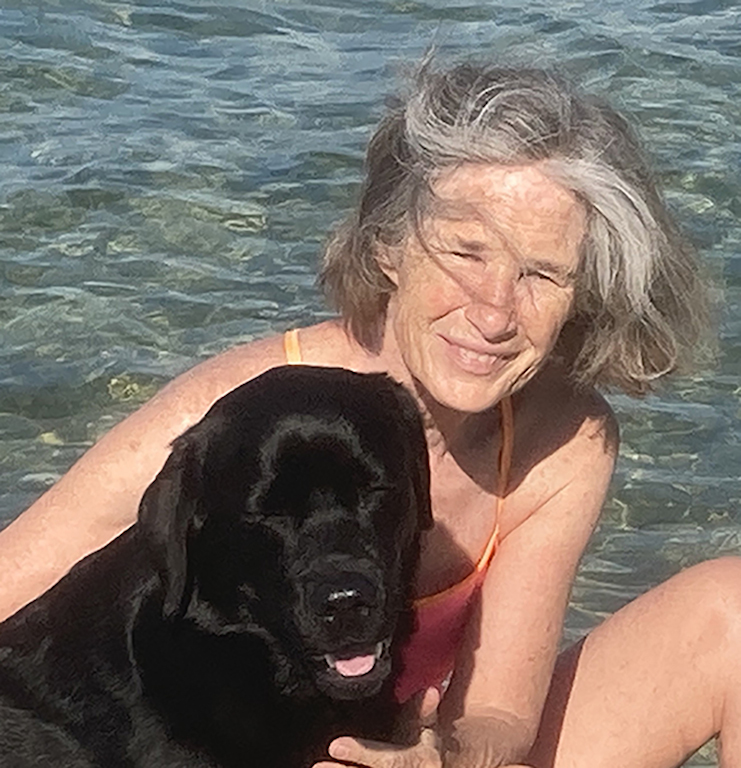
Amy Morro and Mollie.
Amy Morro, a life trustee of the foundation, chair of this online campaign and one of its ambassadors, recently returned from her Michigan house by a spring-fed lake where she and her Labrador puppy, Mollie, swim daily: “We would try to do half-a-mile at a time. She would sometimes climb out and walk part of the way, but she always hopped back in. She doesn’t leave my side when I am swimming. One of the many plusses dogs supply is that they get us outside to enjoy nature,” she says.

One of Morro’s fellow ambassadors Maureen O’Sullivan with her dog Bride.
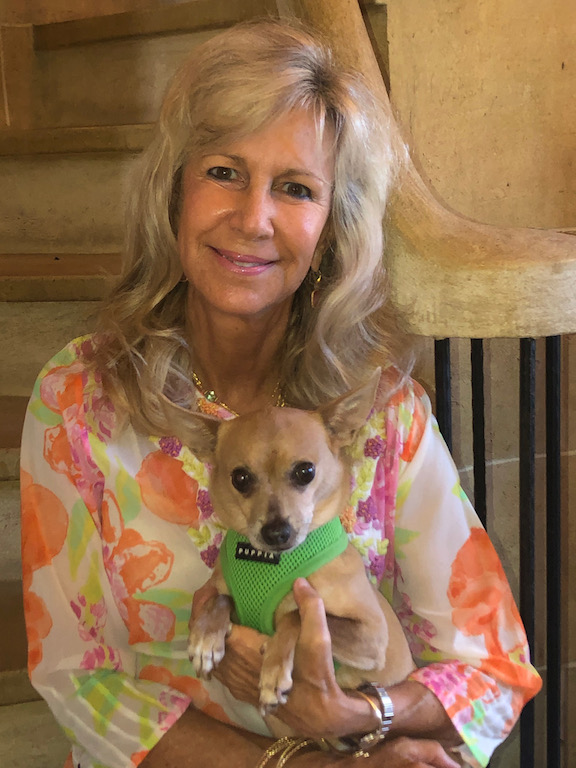
Denise Hanley, Dog of the Year ambassador, and Chica.
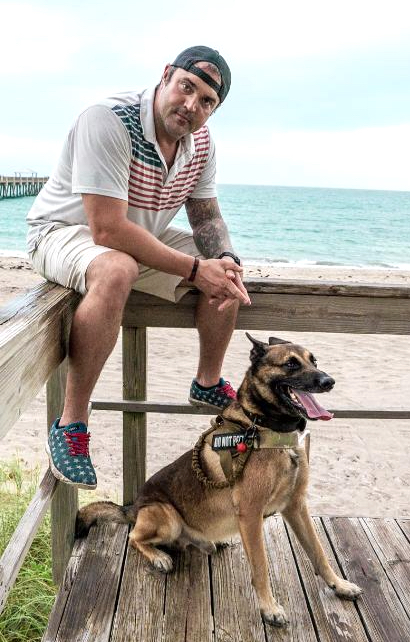
Ambassador Anthony Longo with Bourbon.
Morro’s son Will, author of Nobody Believes Crazy, was diagnosed with bipolar disorder while a sophomore at Boston College. A Division 1A Club rugby player and former hockey star, he describes his thought patterns in the recently published book. His mother is always finding ways to give back to the organization and to its founders, Chicagoans Joyce and Dusty Sang, who established the foundation honor of their late son, Ryan Licht Sang, who passed away in August 2004 at the age of 24 due to early-onset bipolar disorder.
Morro explains about the foundation’s work during these unprecedented times and the context of its Dog of the Year campaign, “It’s important to acknowledge that, while the pandemic has been hard for many of us, it’s been even more challenging for people who are battling mental illnesses like bipolar disorder. At the same time, the pandemic has made it more difficult for us to raise money to support the medical research necessary to find effective treatments. Given how much dogs can contribute to one’s mental health, especially during difficult times such as these, it made sense to rally around our canine companions as a way to foster understanding of bipolar disorder while also raising critical research and awareness.”
She continues, “From the trained therapy dogs who provide essential support to their owners to the tiny puppies who spark joy with every wobbly step, dogs give us comfort no matter what is happening in our lives or in the world.”

Waylon.

Sir Oliver Wiggle-Puffin.
Dog lovers who wish to participate in the Dog of the Year campaign can follow the links on the foundation’s website (or click here) to create a fundraising team in their dog’s honor or to join an existing team, perhaps one of the “team captains” featured here in this story, in this GoFundMe charity campaign. Once you’ve uploaded a photo of your dog, you may add details about its story and set a fundraising goal. Team organizers are encouraged to share their GoFundMe page with friends and family.
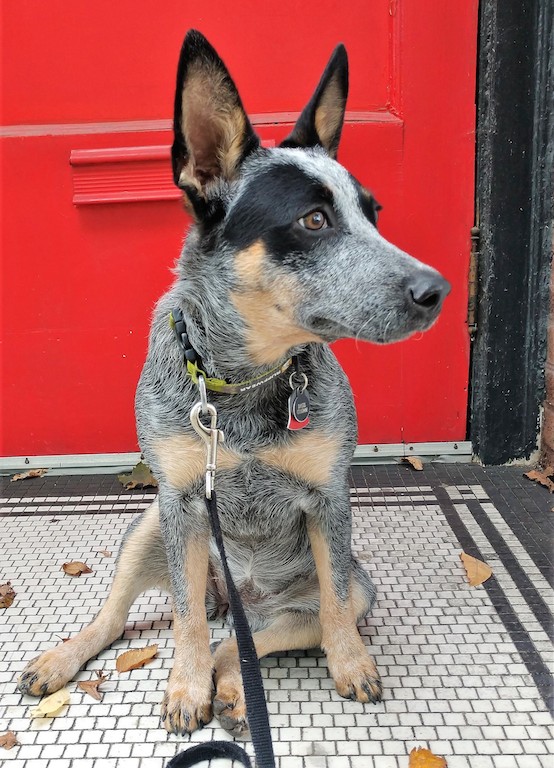
Bagel.

Walden Crumbworthy.
The team that raises the most by December 31, 2020, will see their nominee named Dog of the Year. They will receive a special trophy, be highlighted on the foundation’s website, and have a feature story about their dog appear in Stay Thirsty Magazine. Additionally, Susan Wilson, the New York Times bestselling author of seven books about dogs, will choose the team dog with the best life story. That winning dog will also receive a trophy and be highlighted on the foundation’s website and in Stay Thirsty. There will be special recognition for fundraising teams, including the organization’s awareness pins, which symbolize the opposite poles of mania and depression that exhibit in bipolar disorder.
More information about the Dog of the Year campaign and the work of the foundation, including its Quest for the Test initiative to find an empirical test so that early detection in children and adolescents becomes a reality, is available at ryanlichtsangbipolarfoundation.org.



